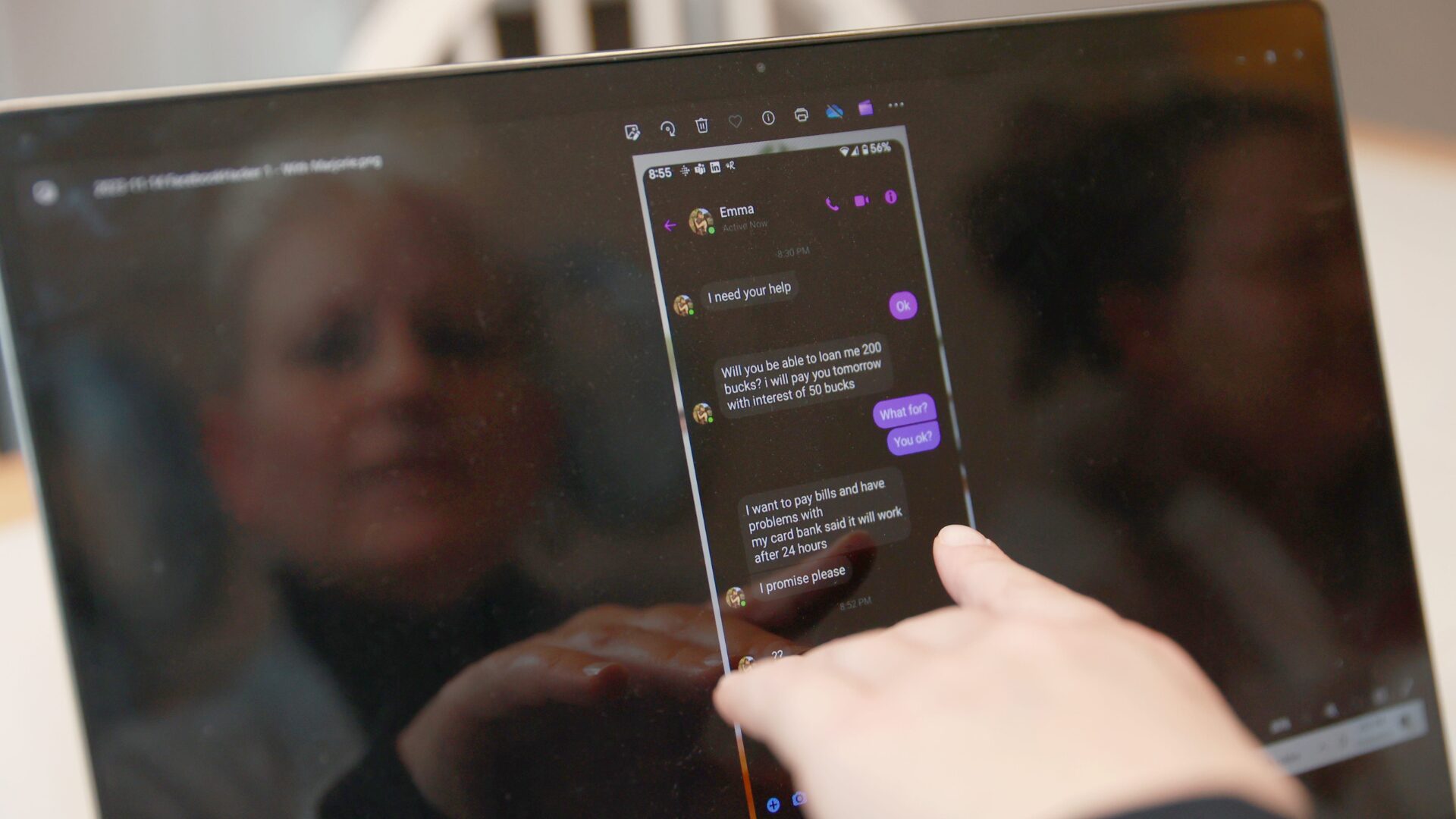A Mexican cartel hacker allegedly infiltrated the phone of an FBI official assigned to the U.S. Embassy in Mexico City and used surveillance tools to track and, in some cases, kill informants working with the U.S. government, according to a newly surfaced FBI audit obtained by Reuters.
The hacker, reportedly hired by the Sinaloa cartel—formerly led by notorious drug lord Joaquín “El Chapo” Guzmán—was able to gain remote access to the FBI agent’s phone.
Mexican cartel hackers used FBI agent’s phone and public cameras to track down and kill informants: report https://t.co/gc1ULEABqR pic.twitter.com/yOMyGIjCu6
— New York Post (@nypost) June 30, 2025
Trump’s Sovereign Wealth Fund: What Could It Mean For Your Money?
From there, the individual monitored incoming and outgoing calls and tracked the phone’s location data, the audit revealed, as reported by The New York Post.
Using this compromised information, the cartel hacker also accessed Mexico City’s public street surveillance system, allowing cartel operatives to observe who the agent met with in real time.
The findings suggest the cartel was able to use this data to identify and retaliate against informants. According to the report, some informants were intimidated, while others were killed as a direct result of the breach.
This Could Be the Most Important Video Gun Owners Watch All Year
“The cartel used that information to intimidate and, in some instances, kill potential sources or cooperating witnesses,” the FBI audit stated.
The timeline of the breach remains unclear, as does the identity of the FBI agent involved and the hacker responsible for the intrusion. It also remains unknown how many informants were affected.
The breach highlights growing challenges faced by U.S. intelligence and law enforcement officials operating overseas.

The audit noted that emerging technologies have made it increasingly easier for foreign adversaries and criminal organizations to expose vulnerabilities and exploit them.
“New technologies have made it easier than ever for less-sophisticated nations and criminal enterprises to identify and exploit vulnerabilities,” the report stated.
The incident underscores ongoing security concerns as criminal cartels adopt more advanced surveillance techniques.
The reliance on public infrastructure and unsecured digital tools has complicated covert operations, particularly in areas where local cartels maintain high levels of control and access.
El Chapo, the former head of the Sinaloa cartel, was arrested in 2016 and extradited to the United States in 2017. He is currently serving a life sentence at ADX Florence, a maximum-security federal prison in Colorado.
The report has prompted new scrutiny into how the FBI secures sensitive information abroad and protects its informant network from technological threats.
The opinions expressed by contributors and/or content partners are their own and do not necessarily reflect the views of LifeZette. Contact us for guidelines on submitting your own commentary.




![Man Arrested After Screaming at Senators During Big Beautiful Bill Debate [WATCH]](https://www.right2024.com/wp-content/uploads/2025/06/Man-Arrested-After-Screaming-at-Senators-During-Big-Beautiful-Bill-350x250.jpg)












